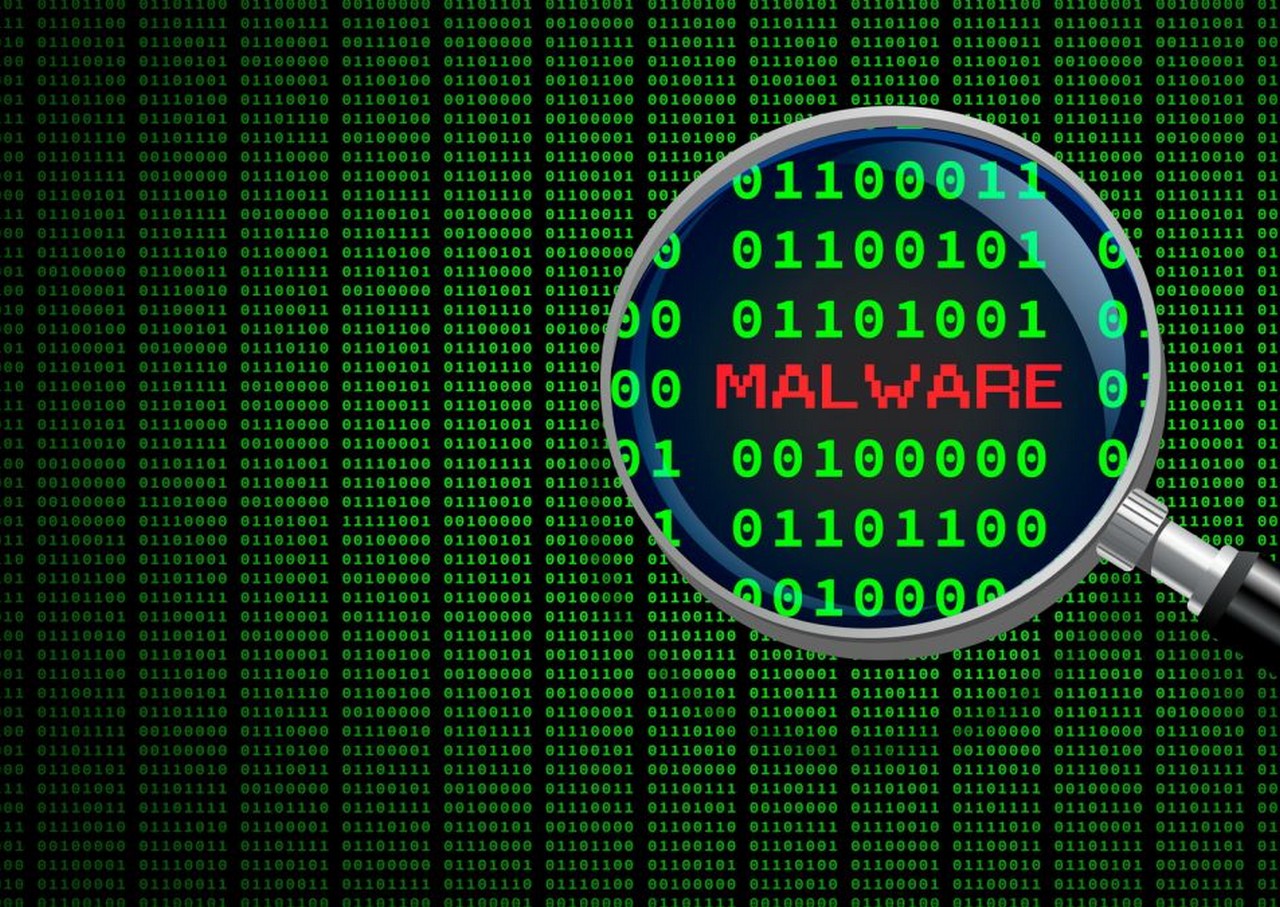Hackers have discovered a technique to disable sure antivirus (opens in new tab) applications on Home windows gadgets, permitting them to deploy all kinds of malware on the goal gadgets.
Cybersecurity researchers AhnLab Safety noticed two such assaults final yr, the place the attackers discovered two unpatched vulnerabilities in Sunlogin, a remote-control software program constructed by a Chinese language firm, and used them to deploy an obfuscated PowerShell script that disables any safety merchandise the victims might need put in.
The vulnerabilities being abused are tracked as CNVD-2022-10270 and CNVD-2022-03672. Each are distant code execution flaws present in Sunlogin v11.0.0.33 and earlier.
Abusing an anti-cheat driver
To abuse the failings, the attackers used proofs-of-concept that had been already launched. The PowerShell script being deployed decodes a .NET transportable executable – a tweaked Mhyprot2DrvControl open-source program that leverages weak Home windows drivers to realize privileges at kernel stage.
This particular device abuses mhyprot2.sys file, an anti-cheat driver for Genshin Affect, an motion role-playing sport.
“By way of a easy bypassing course of, the malware can entry the kernel space via mhyprot2.sys,” the researchers stated.
Learn extra
> Microsoft’s personal mistake might have left customers liable to malware assaults
> Putting in gaming drivers would possibly depart your PC weak to cyberattacks
> This is our tackle the most effective endpoint safety proper now (opens in new tab)
“The developer of Mhyprot2DrvControl supplied a number of options that may be utilized with the privileges escalated via mhyprot2.sys. Amongst these, the risk actor used the characteristic which permits the drive termination of processes to develop a malware that shuts down a number of anti-malware merchandise.”
After terminating safety processes, the attackers are free to put in no matter malware they please. Typically they might simply open reverse shells, and different instances they’d set up Sliver, Gh0st RAT, or the XMRig cryptocurrency miner.
The strategy is named BYOVD, or Carry Your Personal Weak Driver. Microsoft’s advice towards most of these assaults is to allow the weak driver blocklist, thus stopping the system from putting in or operating drivers which can be identified to be weak.
- These are the most effective firewalls (opens in new tab) round
By way of: BleepingComputer (opens in new tab)







